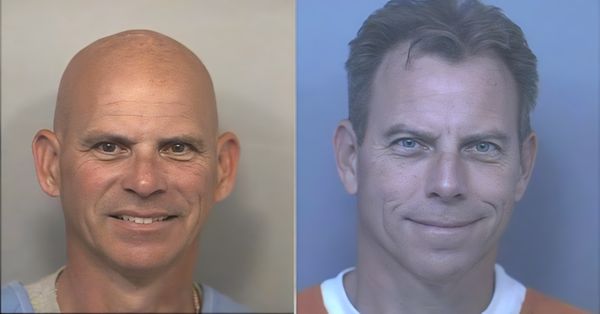
The theatre world has a racial pay gap, with white producers paid 20 per cent more than Black and Asian colleagues, a damning report has found.
The Royal Central School of Speech and Drama and Tara Theatre study surveyed 187 theatre producers and found “an increased likelihood of poor representation for lower socioeconomic backgrounds in performing arts and plentiful evidence of continuing institutional racism in the theatre sector”.
The median income of theatre producers categorised as being from the “global majority” was £20,000-£25,000 while white producers were paid between £25,000-£30,000, the report states.
Dr Tom Six, who studies politics and performance at the school, said: “Our report offers a detailed analysis of what any racially minoritised theatre worker will tell you: that racism is baked into the structures and practices that keep the sector going.
“More than that, we offer a prescription, developed alongside producers who know the theatre intimately, for rebuilding the sector in a fundamentally more equal and inclusive way.”
Have you been affected by this? Email nadine.white@independent.co.uk
Marcus Ryder MBE, chair of the Royal Academy of Dramatic Art, described the pay gap identified in this new report as “incredibly concerning”.
“This will undoubtedly have knock on effects on the financial and mental health of Black and global majority people working in the industry which goes beyond just theatre but throughout the creative sector,” Mr Ryder, who’s also the chief executive of the Film & TV Charity, said.
“Theatre often feeds other parts of the film, television and screen industries as well, and so it would be wrong to look at this purely in isolation.
“This needs to be addressed with a matter of urgency.”
The study, which quizzed theatre workers in England between 25 April and 26 July 2023, comes after a string of headlines highlighting racism in the theatre world and the challenges facing Black people working in the arts.
Francesca Amewudah-Rivers suffered a “barrage” of racist abuse after being cast alongside Spiderman star Tom Holland in a forthcoming West End production of Romeo & Juliet in April.
And last week, Sir Lenny Henry - who took to the stage as Othello 15 years ago - questioned the future of Black dramas on television after his Windrush-inspired show Three Little Birds was axed.
Despite drawing almost three million viewers and being one of the top 50 most-watched shows when it first aired in October 2023, ITV made the decision to cut the series on the eve of the 76th anniversary of the Windrush migration.
“These days, it seems that many Black dramas only get one series, there are numerous examples of this – and sadly, Three Little Birds is just one more in that same category,” he told The Guardian.
In 2021, the Lenny Henry Centre for Media Diversity produced a landmark survey of hundreds of actors which found that 64 per cent endured racist stereotyping in an audition and over half (55 per cent) experienced racist behaviour in the workplace - from audition and casting experiences to hair and make-up occurrences.
Rafia Hussain, an independent producer who also worked on the new study, said: “This research shows that many of my own experiences as an independent producer are in fact shared by colleagues across the sector. It’s clear that we must prioritise fairer recruitment practices, improve working conditions and increase the visibility of the role to improve the sector and ensure that producing becomes a more accessible and sustainable career.”
Josette Bushell-Mingo OBE, Principal of The Royal Central School of Speech and Drama, added: “Even as we increase diversity on our stages, the ecology of the industry in its entirety matters. It matters when work is being commissioned and promoted to audiences, and it impacts on who feels welcome in our spaces – and who does not. Representation matters.
“To truly make change in our industry, we need more Black and Global Majority, female, non-binary and trans, working class and disabled artists in leadership positions – as well as in leading roles.”







